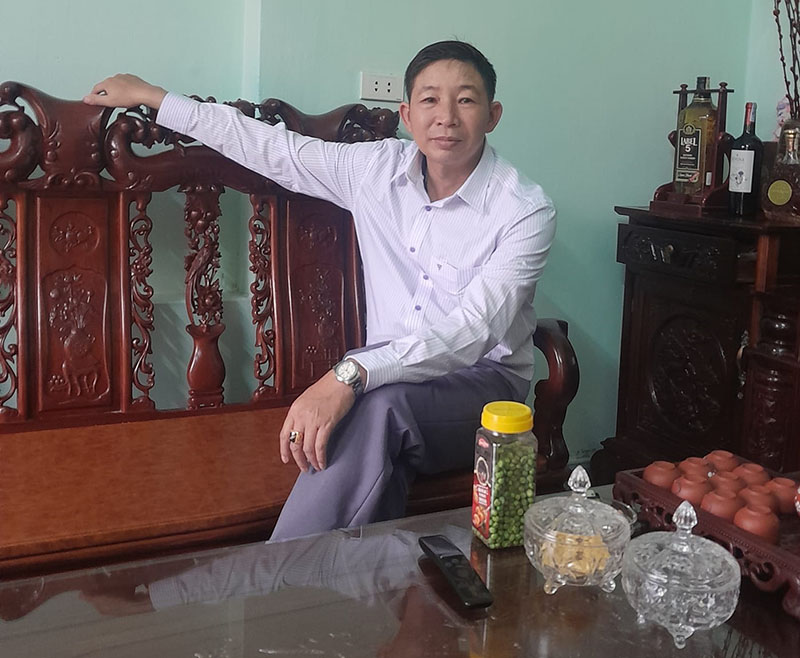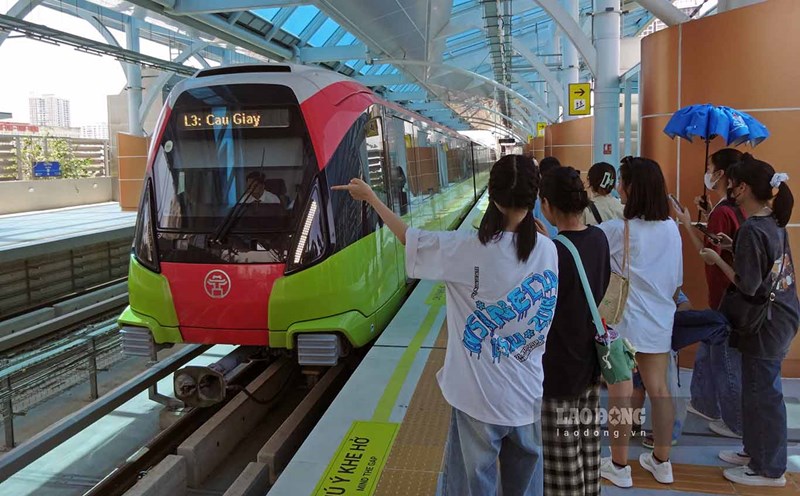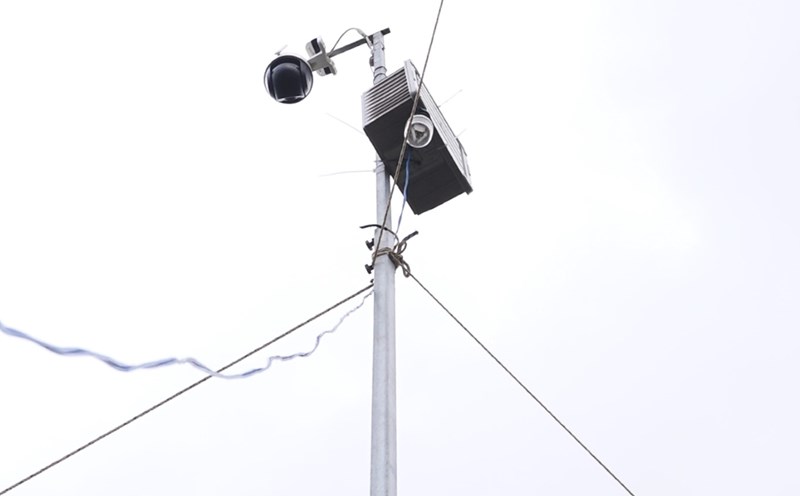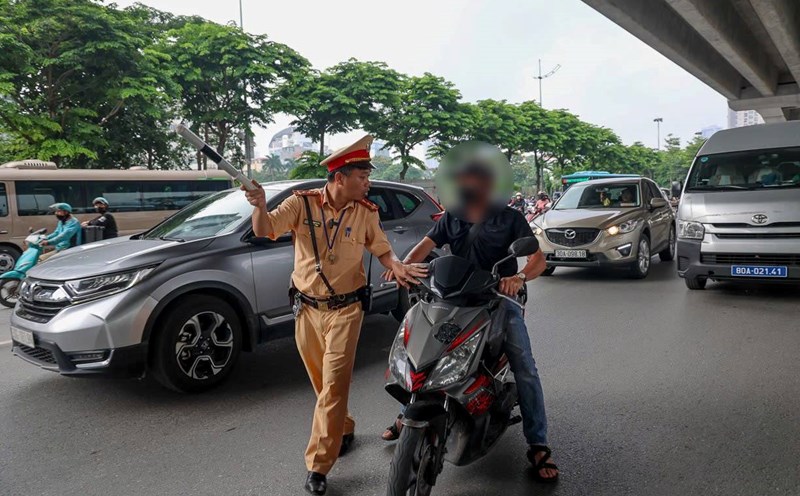Mr. Nguyen Van Quang (53 years old, Thai Binh) said that he plans to participate in voluntary social insurance for another 2 years. The goal is to accumulate 22 years of social insurance participation by the age of 62 to feel secure in starting retirement.
The newly implemented State's policy of increasing social insurance support level makes him extremely happy and feel secure in paying social insurance.
"Currently, I have paid compulsory social insurance for 14 years but no longer work for a company. The new policy helps me reduce the cost burden, and have more motivation to voluntarily pay social insurance to receive a pension" - Mr. Quang said.
According to Mr. Quang, the new support level of 20% helps pensions become more guaranteed when they are old.

Mr. Quang plans to pay about 1 million VND/month to be able to receive a pension of 2.7 million VND. If the State supports 20%, Mr. Quang's contribution will only need to be about 800,000 VND instead of having to pay 900,000 VND according to the old support level of 10%.
Mr. Quang is currently a freelancer with an unstable income. If the economy is difficult, the support level, even if it is only 100,000 VND, is still very practical.
"When I am old and do not have a stable income, I have to calculate every penny, and the amount of support from the State is very valuable" - Mr. Quang said.
Mr. Quang also expressed his hope that in the future, non-poor and near-poor households like himself can receive support of up to 30%.
Thus, with a payment of 1 million VND/month, he only needs to pay about 700,000 VND, without having to worry much if there are additional costs in life.
After working for more than 8 years, Mr. Nguyen Van Man (54 years old) decided to retire because the job was getting more and more difficult and beyond his ability. With 8 years of social insurance contributions, Mr. Man is quite hesitant, so he should continue to pay voluntary social insurance or withdraw the regime at one time.
"I have solved the immediate economic problem with withdrawing social insurance at one time, or I have a little interest in saving but will not have a pension in the future. As for continuing to pay voluntary social insurance, I am afraid that if I am not healthy enough to have a stable income to pay for another 7 years, if I pay too low, my pension will not be enough to live on" - Mr. Man hesitated.
However, when he learned that the State supported the 30% contribution rate (he belonged to a near-poor household), Mr. Man was confident that he could continue to pay voluntary social insurance.
"I plan to pay voluntary social insurance for another 7 years, at least 800,000 VND/month. With the new support level, with the allocation of 560,000 VND per month, I think it can be maintained until the payment is completed" - Mr. Man said.
Mr. Man is working as a security guard for a small company near his home, receiving 4.5 million VND per month. After deducting living expenses and meals, Mr. Man still saves more than 1 million VND/month.
Sharing more, Mr. Man said that even if there are few pensions in the future, they will still be less practical. He initially planned to gradually accumulate until he was 62, playing a part in the remaining 7 years. However, with the new policy, Mr. Man is more assured to pay monthly from July 1, 2025.
The Government has just issued Decree No. 159/2025/ND-CP detailing and guiding the implementation of a number of articles of the Law on Social Insurance on voluntary social insurance. This Decree takes effect from July 1.
Accordingly, voluntary social insurance participants are supported by the state with a percentage (%) of the monthly voluntary social insurance contribution according to the poverty line of rural areas. The support level is 20% to 50% of the contribution level, depending on the participating subjects.
The rate of support for the contribution level for voluntary social insurance participants from July 1, 2025 for participants from poor households, people living in island communes and special zones as prescribed by the Government and the Prime Minister is 50%;
Participants from near-poor households are 40%; Participants are ethnic minorities are 30%; Other participants are 20%.











